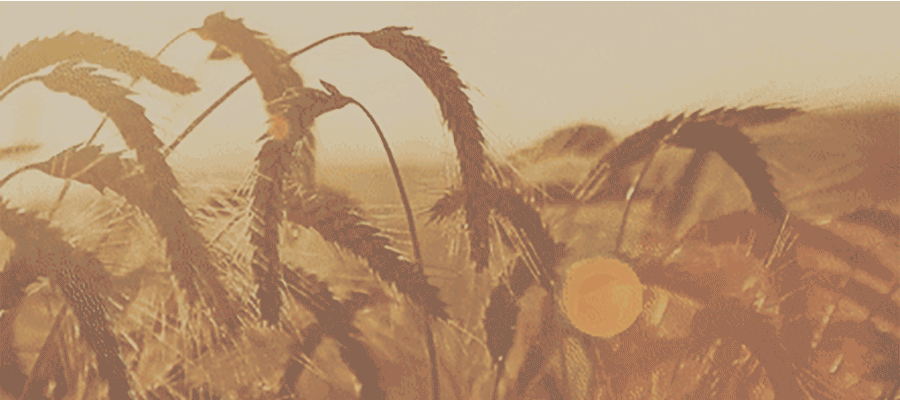The Vauquelin Parlor
he firelight caught on her earrings as she moved; Diana watched the smooth fall of her narrow skirts, the shadows that shifted over her face. She knew she might have, perhaps should have, looked away. But Mrs. Ibutatu was looking at her: she hadn’t looked away this entire time. The living and perceptive mona were truly mingling in the air now, though they were still far from merged. There was so much of Mrs. Ibutatu’s that she thought perhaps you could reach deeply enough never to emerge, and silly though the fancy was, it near frightened her.
The younger woman sat beside her, soundless. She found herself setting her teacup and saucer aside.
She was very small. Diana had known this, but she noticed it anew now. She found herself looking over and a little down. Her brows lifted slightly when two small, pale hands extended in her direction. She hesitated; Mrs. Ibutatu kept on looking at her, and, slowly, she gave the other woman one of her hands. The other, the wedding band strangely heavy and cold against the skin, stayed at her side.
It was all Diana could do not to catch her breath. She kept it even, watching, silent. She remembered vividly – and it was a thing she should not have remembered – the brush of her hand at tea three weeks ago.
She should not have done this.
“So we do not feel,” she murmured anyway, grateful for the unexpected evenness of her voice, “with only our minds or our bodies; our bodies are…” A map? Of what? Of the mind? “Connected,” she murmured, “in every part. How wondrous.”
She felt a fool; worse, it felt terribly scandalous a subject, bodies and nerves and touches. She was put in mind of that outlandish man she had met in Tiv, what had his name been… Caltagirone, that was it, Matteo, at one of poor Bertolo’s parties. Going on and on about Galvani and frogs’ legs, about things that seemed to have come from Francoschietto rather than real men of science. It seemed less ghoulish – and less implausible – to her now. There might have been a tiny current in Mrs. Ibutatu’s slim fingers; every movement of them sent a tendon, a muscle, flickering.
She glanced back up, meeting Mrs. Ibutatu’s eye, faintly surprised. The rain still lashed the windows; she should have felt cold – had indeed, a few moments ago – but it was pleasantly warm, now. “I was, perhaps, not so certain. It was my fourth or fifth year, I think. I had planned to study the static conversation, like much of my family.”
Grandfather had not been mad; he had come to them hardened already by that pressed green uniform and whatever he had seen that had made him murmur and moan in his sleep. But she had wondered as a silly girl if such marks could be healed; she had learned how the mind was tender – scarred much more easily than the body – but it had fascinated her all the same, long after he had been buried with his stick.
She looked down at their hands, reluctant to withdraw; her eyes did not linger on the ring, but she saw it all the same, and she could feel the lump rising again in her throat. “The galdor mind,” she murmured, looking up, smiling, “is an altogether fascinating thing. It can create such wonders, Mrs. Ibutatu, such terrors, all to itself, without the slightest manipulation, and then those wonders and terrors can manipulate the body, and we understand so little of it.”
The rain picked up, rattling the glass panes of the atrium doors in a great breathy gust.
She swallowed tightly, staring into Mrs. Ibutatu’s eyes. She shifted; the lump was lodged rather firmly in her throat now. She opened her mouth to go on, but her voice came out strangely cracked.
“Forgive me,” she murmured, shutting her eyes. She swallowed again, but the lump was no less painful. Embarrassed, she glanced swiftly away; there was a prickle of wetness on her lashes.







